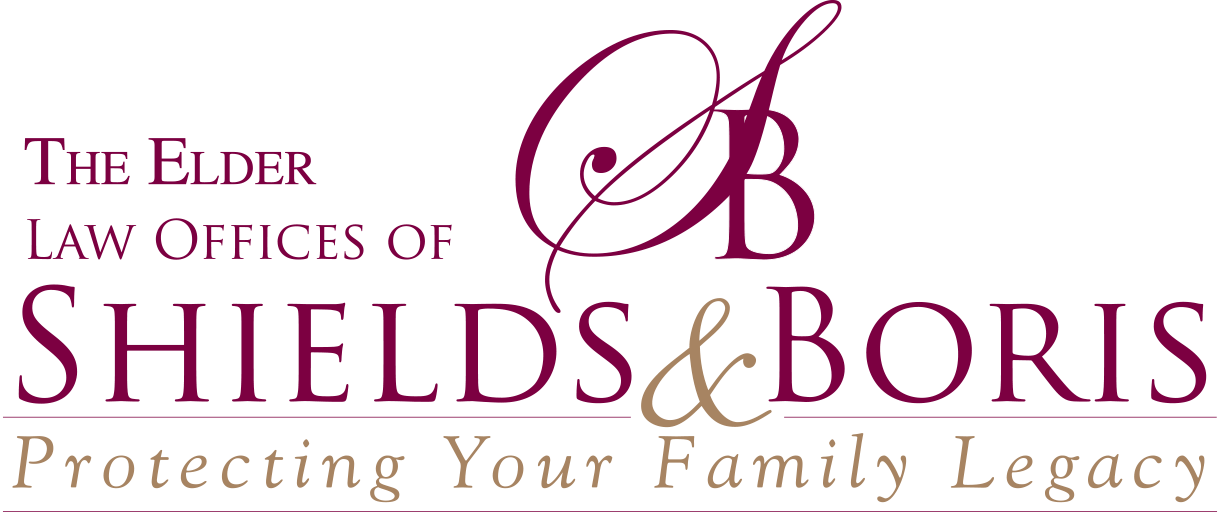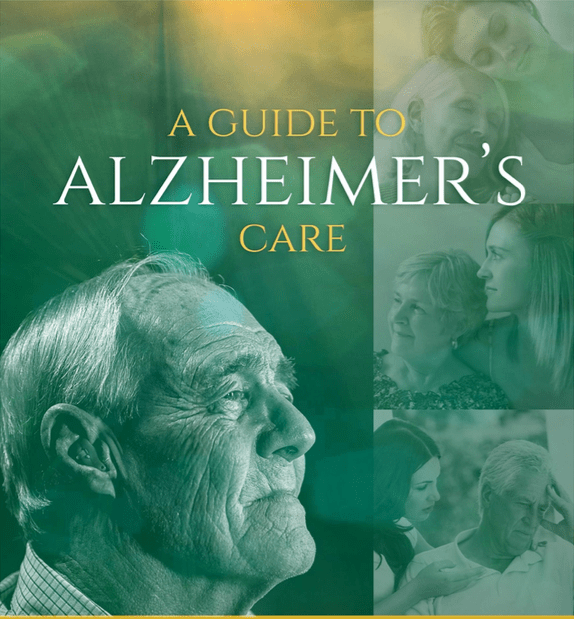Exploring the Difference Between Estate Planning and Elder Law
Posted on March 9, 2024 by shieldsandboris
Our society is aging. According to data from Pennsylvania Pressroom, there are approximately 2.5 million senior citizens in the Commonwealth. That number is going to rise sharply in the coming decades. It is crucial that all older adults have the proper structure in place to protect their health, dignity, well-being, and financial interests. Estate planning and elder law can help to make a difference. At The Elder Law Offices of Shields & Boris, we are proud to put people and families first. In this article, our attorneys provide an overview of the most important to understand about the difference between estate planning and elder law.
An Overview of Estate Planning
From a legal perspective, estate planning is the process of arranging for the management and disposal of a person's assets during their lifetime and after death. It is a comprehensive process that could involve the creation of a will, trusts, powers of attorney, and/or healthcare directives. The goal is to ensure that a person’s wishes are honored after they pass away. At its core, estate planning is about love and care. When you set up an estate plan, you do so to get your financial affairs in order and to ensure that family and friends are not burdened with tough decisions during a hard time.
An Overview of Elder Law
Elder law is a specialized area of legal practice that focuses on the issues affecting aging people. It aims to protect the rights and well-being of seniors. Of course, the field of elder law is about a lot more than filling out paperwork. It is an area of practice that is about ensuring legal protection, dignity, respect, and quality of life for elders. Indeed, elder law is about standing up for those who have spent a lifetime standing up for their friends and family.
Three Differences Between Estate Planning and Elder Law
Although the fields of estate planning and elder law overlap in some key areas, they are technically distinct. They cater to different needs and different stages of life. Understanding the distinctions between estate planning and elder law can be useful for both aging people and people who are concerned about providing proper care for an elderly parent or other aging loved one. Here are three differences between estate planning and elder law:
- The Focus: Elder law is primarily focused on the later years of an aging parent or another older loved one. It is aimed at addressing a wide array of potential legal issues that can arise as people age—with one of the most essential being planning for long-term care. Elder law is also about ensuring the senior citizen’s quality of life and their general financial security. The reality is that navigating the complexities of aging can be challenging. On the other hand, estate planning is much more focused on what will happen after a person actually passes away. It involves the preparation of documents—such as wills and trusts—to help ensure that a person's assets are distributed according to their wishes upon their death.
- Timing of Asset Protection: Asset protection is a big issue for both elder law and estate planning. However, the timing is different. In elder law, asset protection strategies are implemented to safeguard assets during the individual's lifetime, with a particular focus on preserving wealth to cover long-term care needs. The cost of even one year in a nursing home in Pennsylvania could easily run over $100,000. A proactive elder law strategy is focused on protecting assets from those costs. In contrast, estate planning focuses on protecting assets for transfer to the next generation or designated beneficiaries after death. It involves structuring the estate in a way that ensures that the right people are in a position to get assets and that their inheritance is properly protected from potential creditors.
- Protection Against Abuse/Fraud: Elder law includes measures to protect against elder abuse and fraud; whereas estate planning does not typically address these issues. Elder law aims to safeguard seniors from various forms of abuse, be it physical, emotional, or financial, by setting up legal frameworks that can include guardianships or conservatorships and by providing legal recourse in instances of abuse. It also addresses concerns related to financial exploitation and scams targeting the elderly. In contrast, estate planning does not directly deal with the issues of elder abuse or fraud. While a well-crafted estate plan can indirectly protect an elderly individual by appointing trusted individuals to manage their affairs.
You and Your Family Need a Comprehensive Plan
Even though there are some notable differences between estate planning and elder law, it would be a mistake to think of them as oppositional or wholly separate. Estate planning and elder law can work together to create a comprehensive structure that best protects the health, safety, and legal rights of an older or otherwise vulnerable person. A well-constructed plan will address the legal, financial, and healthcare needs that arise with aging while also laying the groundwork for the distribution of assets.
You and your family do not have to figure out everything alone. A top-tier Pennsylvania attorney who has experience and expertise with both estate planning and elder law can provide guidance and support that you can trust. Your attorney can help tailor a plan that meets your specific needs and your specific goals. A plan should always take into consideration your financial position, the unique dynamics of your family, and the overall legal landscape. With both estate planning and elder law, a proactive approach is best.
We Provide Estate Planning and Elder Law Support in Western Pennsylvania
At The Elder Law Offices of Shields & Boris, our Pennsylvania estate planning and elder law attorneys are here to protect your family. To learn more, please call us at (724) 204-5643 or contact us online for a strictly confidential consultation. We provide estate planning services and elder law services throughout Western Pennsylvania, including Allegheny County, Washington County, Westmoreland County, Fayette County, Butler County, and Beaver County.




